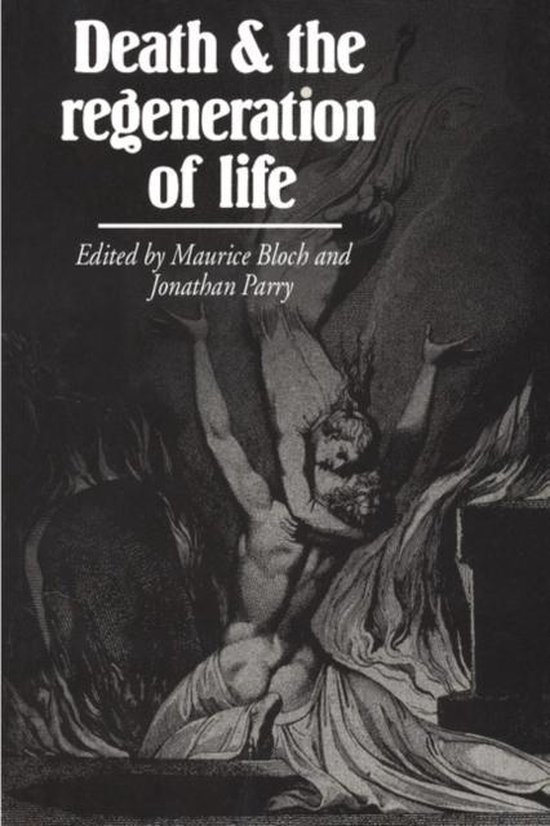
Death and the Regeneration of Life
It is a classical anthropological paradox that symbols of rebirth and fertility are frequently found in funerary rituals throughout the world. The original essays collected here re-examine this phenomenon through insights from China, India, New Guinea, Latin America, and Africa. The contributors, each a specialist in one of these areas, have worked in close collaboration to produce a genuinely innovative theoretical approach to the study of the symbolism surrounding death, an outline of which is provided in an important introduction by the editors. The major concern of the volume is the way in which funerary rituals dramatically transform the image of life as a dialectic flux involving exchange and transaction, marriage and procreation, into an image of a still, transcendental order in which oppositions such as those between self and other, wife-giver and wife-taker, Brahmin and untouchable, birth and therefore death have been abolished. This transformation often involves a general devaluation of biology, and, particularly, of sexuality, which is contrasted with a more spiritual and controlled source of life. The role of women, who are frequently associated with biological processes, mourning and death pollution, is often predominant in funerary rituals, and in examining this book makes a further contribution to the understanding of the symbolism of gender. The death rituals and the symbolism of rebirth are also analysed in the context of the political processes of the different societies considered, and it is argued that social order and political organisation may be legitimated through an exploitation of the emotions and biology.
| Auteur | | Parry Bloch |
| Taal | | Engels |
| Type | | Paperback |
| Categorie | | Mens & Maatschappij |